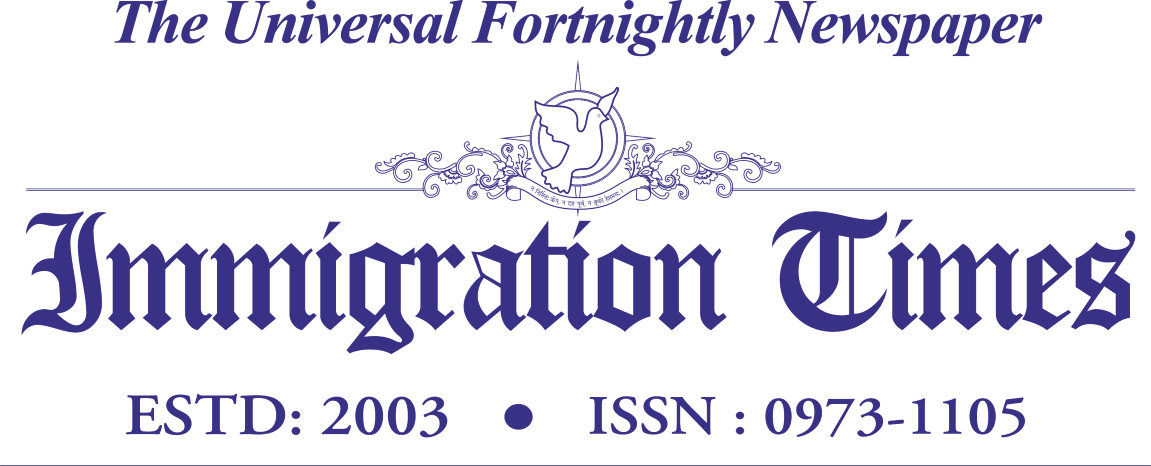
Donald Trump, recently re-elected as U.S. President, has proposed a 25% tariff on imports from Canada and Mexico. This move, justified by Trump as necessary to combat drug trafficking and illegal migration, threatens to disrupt Canada’s economy, which heavily relies on trade with the U.S. Over 75% of Canadian exports, valued at over $420 billion annually, go to the United States, supporting millions of Canadian jobs.
Trudeau’s Response
Canadian Prime Minister Justin Trudeau swiftly responded by meeting with Trump at Mar-a-Lago. Trudeau emphasized Canada’s unwillingness to yield to pressure, pledging to safeguard national interests. He also convened a summit with provincial leaders to strategize against potential economic fallout. Trudeau expressed concern that the tariffs could severely harm both nations’ economies, with economists warning of job losses and higher costs for consumers across North America.
Political Provocations and Online Reactions
During the meeting, Trump reportedly joked about Canada becoming the “51st state,” adding a provocative element to the discussions. His subsequent social media post captioned “Oh Canada” alongside a photo sparked widespread speculation, humor, and criticism online. While such comments are likely rhetorical, they underline the strain in U.S.-Canada relations under Trump’s presidency.
Broader Trade Dynamics
This tariff proposal forms part of Trump’s broader trade strategy, targeting not only Canada and Mexico but also China. Economists caution that imposing such high tariffs risks economic harm to all parties involved, potentially triggering retaliatory measures and escalating trade wars. For Canada, which faces domestic economic challenges, including high inflation and slowing growth, the timing of this proposal exacerbates existing vulnerabilities.
Will Canada Become the “51st State”?
Despite the rhetoric, the notion of Canada joining the U.S. is far-fetched and lacks any practical basis. The integration of Canada into the U.S. would require extensive political, legal, and public support—none of which exists on either side of the border. For now, Trudeau’s government appears focused on maintaining Canada’s sovereignty while navigating challenging economic conditions and an unpredictable U.S. trade policy.
Conclusion
Trump’s tariff proposal and provocative comments highlight the complexities of U.S.-Canada relations in an era of economic nationalism. As discussions progress, the focus remains on mitigating economic damage while preserving diplomatic ties. For Canada, the path forward requires balancing assertiveness with collaboration to protect its national interests in an increasingly uncertain global trade landscape.
